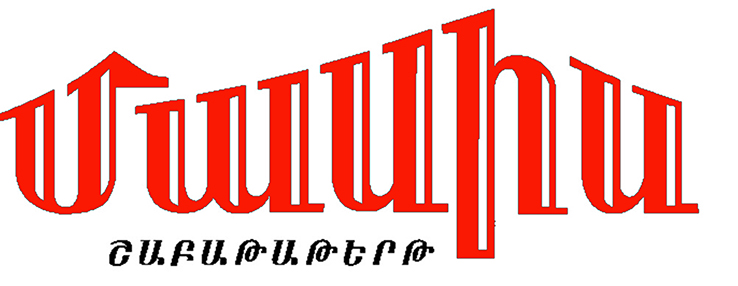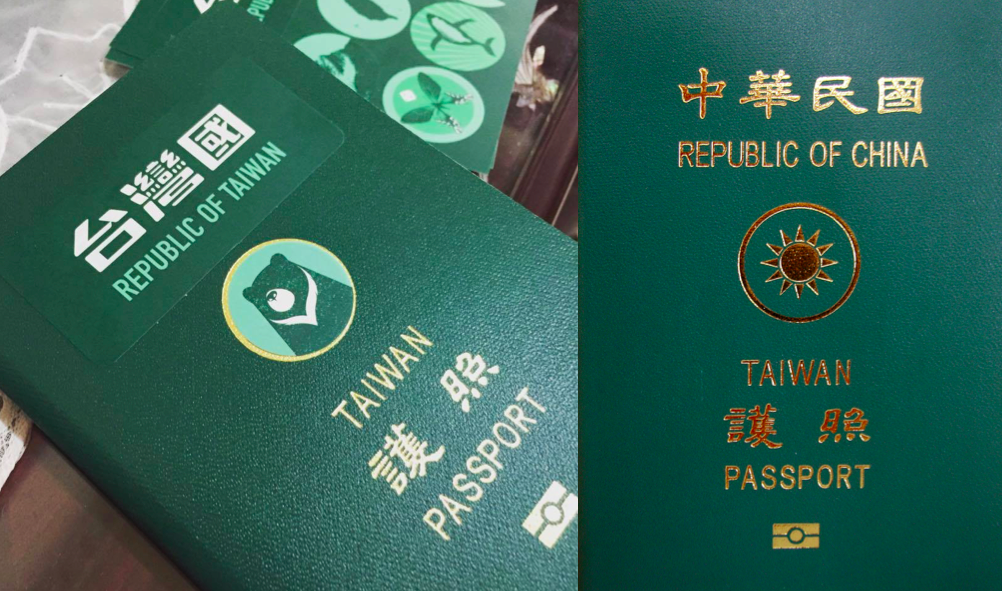Gagik Tsarukyan, who is considered Armenia’s richest man and the leader of Prosperous Armenia Party with the second-largest bloc in the Parliament, has recently joined the country’s extra-parliamentary opposition in demanding the resignation of Prime Minister Nikol Pashinyan and his government.
As an opposition, of course, any party or group has the right to demand the resignation of the prime minister. However, under parliamentary rule, the resignation of the government does not mean a change of the governing party. Currently, there is a majority in the National Assembly, and it is up to them to decide who the next prime minister will be, and the composition of the new government. Recent events have shown that the “My Step” faction in the Parliament, led by Pashinyan, is homogeneous and all rumors about internal divisions and disagreements are exaggerated. This was confirmed during the voting on Gagik Tsarukyan’s immunity when the deputies of “My Step” unanimously endorsed the request of the Prosecutor General on the indictment and arrest of a party leader who is accused of electoral fraud.
The second standard way to change power is to overthrow the government through a popular uprising, and force early elections. During the most recent developments, it became apparent that the opposition did not have sufficient capabilities and resources, and lacks the necessary popular support to bring about change using street protests. Again, during the events related to Gagik Tsarukyan, the opposition had high hopes that after the parliament’s decision, people would come out in large numbers to demand a change in power. However, those expectations did not materialize and only several hundred people came to the court to show support for Tsarukyan during his preliminary hearing.
The opposition also had similar hopes when the Parliament decided to terminate three members of the Constitutional Court and remove the president of the Court from his position. Once again the public did not react in any adverse way.
For some time now, the Armenian opposition has been living in a bubble, believing in the misinformation it has been spreading. They remain convinced that through their media outlets, “human rights guardians” and political commentators they are succeeding in forming public opinion, and that the people will soon revolt and stand up to demand Pashinyan’s resignation. The misinformation campaign about the authorities’ willingness to hand over Artsakh lands to Azerbaijan, forecast of economic collapse, accusations about political persecutions, alleged violations of the constitution, and smuggling of cigarettes and diamonds were all ignored by the public as falsehoods. The opposition’s latest projection is that the country is heading toward famine and starvation in a few short months.
Since the Velvet Revolution of 2018, the leaders of the former regime are advancing their agenda based on assumptions that are far removed from the realities on the ground. Those who did not understand the Armenian society when they were in power, still do not apprehend that the people’s memory is not that short. Their twenty-year rule fraught in corruption, bribery, looting, economic monopolies, human rights violations, rigged elections, and many other aspects of misuse of power are still fresh in everyone’s consciousness.
Like any government, Pashinyan’s administration is making mistakes and causing grievances about some of the decisions being made. However, all the criticisms leveled against it are not enough to force the public to make a sharp turn to the former rulers of the country.
One of the main failures of the Armenian opposition groups is that they are not able to unite, as their struggle is based on personal, and economic interests and not on any concrete principles or goals. Part of the opposition does not want to publicly associate with the former ruling Republican Party (RPA) or former president Kocharian as they are considered to be highly toxic. Meanwhile, the RPA thinks that they are the main force in the anti-Pashinyan front, and everyone else must coalesce around them.
Under these circumstances, going forward there is only one way for the opposition. They must wait and prepare for the next elections while trying to come up with constructive and alternative proposals and programs. Even that does not guarantee them representation in the next parliament. As far as returning to power, for a foreseeable future it remains a distant illusion.
“MASSIS”











4 comments
There is little doubt that the Russian government is backing some of the opposition in Armenia.
What the Russian government does not understand is that a strong, democratic Armenia is the best guarantee against pan-Turkism.
The latter will bring about the destruction of Russia.
Turkey and Azerbaijan are not Russia’s friends.
Tsarukyan is demonstrating progress. He could have challenged Pashinyan to arm wrestling.
Som alla regeringar som finns så finns problem rom byggdes inte på en dag
First of all this was a short but thorough analysis of the political atmosphere and the devision of power in Armenia. It is obvious that the majority of the Armenians in Armenia and in the Diaspora and the Armenian political parties are not endorsing the “opposition”. It is clear that they are expressing their support to toward Pashinyan and his “My Step” party and their allies. “Mr. DOD” wrote his obituary by writing or publishing the so called “anti-russian movements’ activities in Armenia”. Only a capital DOD can make such a mistake.